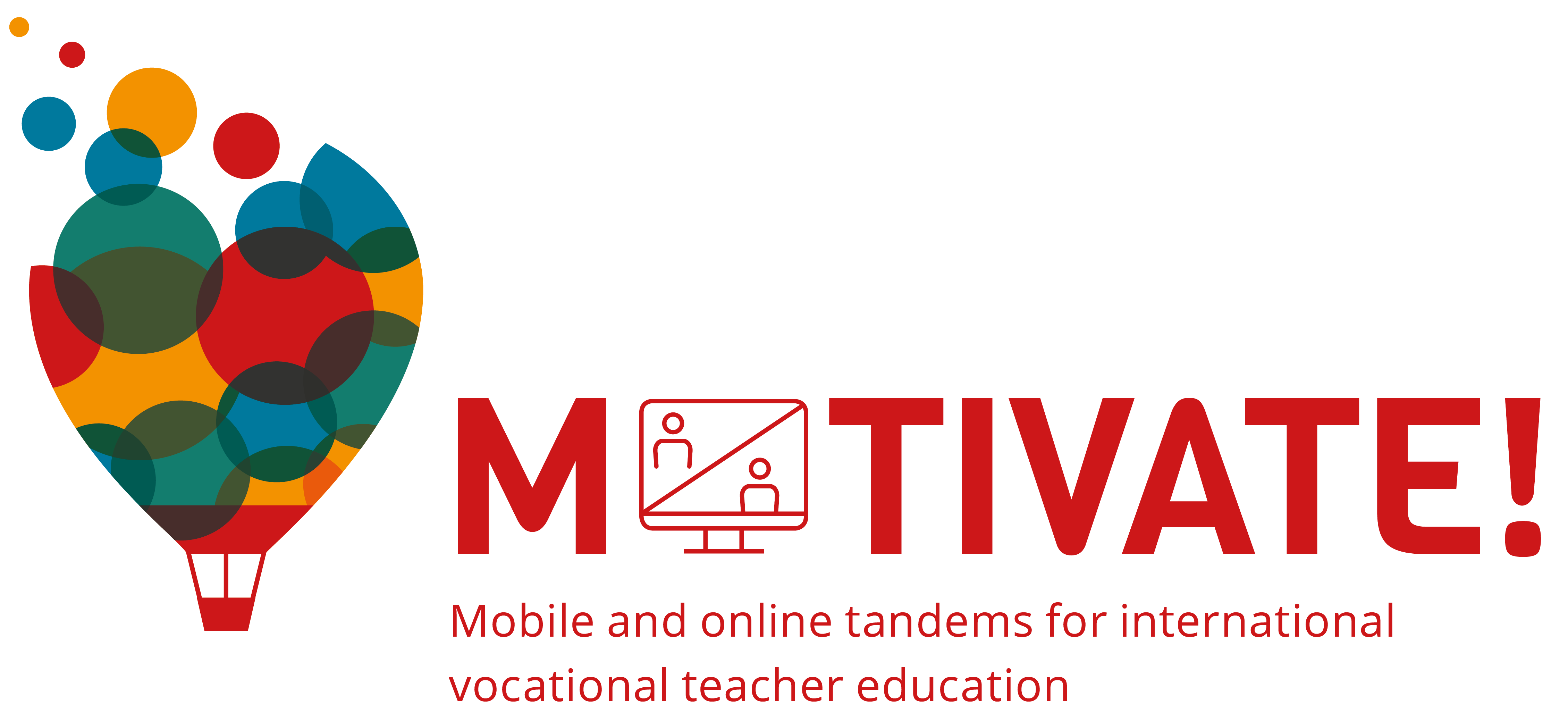- 08/12/2023
- Posted by: MOTIVATE students
The year was 2023. And we, Riley of Australia, Fiona of Norway and Niklas of Germany, had to look into digital cooperation in the education sector. After our last workshop, we behold a
lot of insight into the topic. Through digital cooperation we had to put our international brain into work, to see what we had learned.
From a student’s perspective going through the COVID pandemic, there were a number of positive and negative aspects to transitioning to online schooling. Firstly, there was a surprising increase in connection with friends, as quite often we would call each other during the class to discuss the schoolwork as well as our general lives without worrying about disturbing the class. This made some of the online schooling period quite enjoyable considering the circumstances. Another positive aspect was that all of our online class materials were moved into Google Classroom, which was very helpful for organising new content, connecting with teachers and peers as well as turning in assignment tasks. Zoom also became integral to online learning, with teachers being granted access to the premium version for free by the NSW Government to host classes. This service was vital to keeping students up to date with the content as well as engaged, as they had the opportunity to talk with their class and teacher about what they were learning.
However, the COVID period was not just a nice break from school, there were also a number of negative impacts on the learning environment. For example, as schooling became more difficult, students began to study much more and needed to dedicate more time to understanding the content, meaning there was much less connection than compared to earlier years. This, combined with the growing effects of remaining under lockdown, resulted in a growing sense of isolation from friend groups and other human connection, leading to a general decrease in mental health. Getting help from teachers also was made more difficult without face-to-face contact, where a full conversation can be much more beneficial than a single message.
The use of AI has drastically increased even over the past year, progressing from a niche research project into an everyday use case. As a result, questions arise concerning the allowance of generative AI in an educational setting, including primary, secondary and tertiary studies. Through discussion we found out that we behold the same gratitude towards the use of AI as a tool in education, with agreement that by normalising use of it to the students as a tool they can use it for academic achievement, rather than for cheating. AI itself and detection measures are currently undergoing a ‘space race’, as the AI aims to be more realistic and human-like, and the detection software learns these patterns in order to detect the smaller and smaller differences between authentic and generated content. However, this in itself has raised concerns, as false accusations are becoming more prevalent. We need to ask ourselves, is the use of AI allowable in our society, since it is only going to become better in the future, or do we value an individual’s knowledge more?
Out of our experience, we see that it is an ongoing challenge for teachers to lead the student on the right use of AI and not abuse it. And that AI may one day replace today’s education system, so it makes us wonder, the needs of teachers in the future!
Thanks and see you later. Bye!








